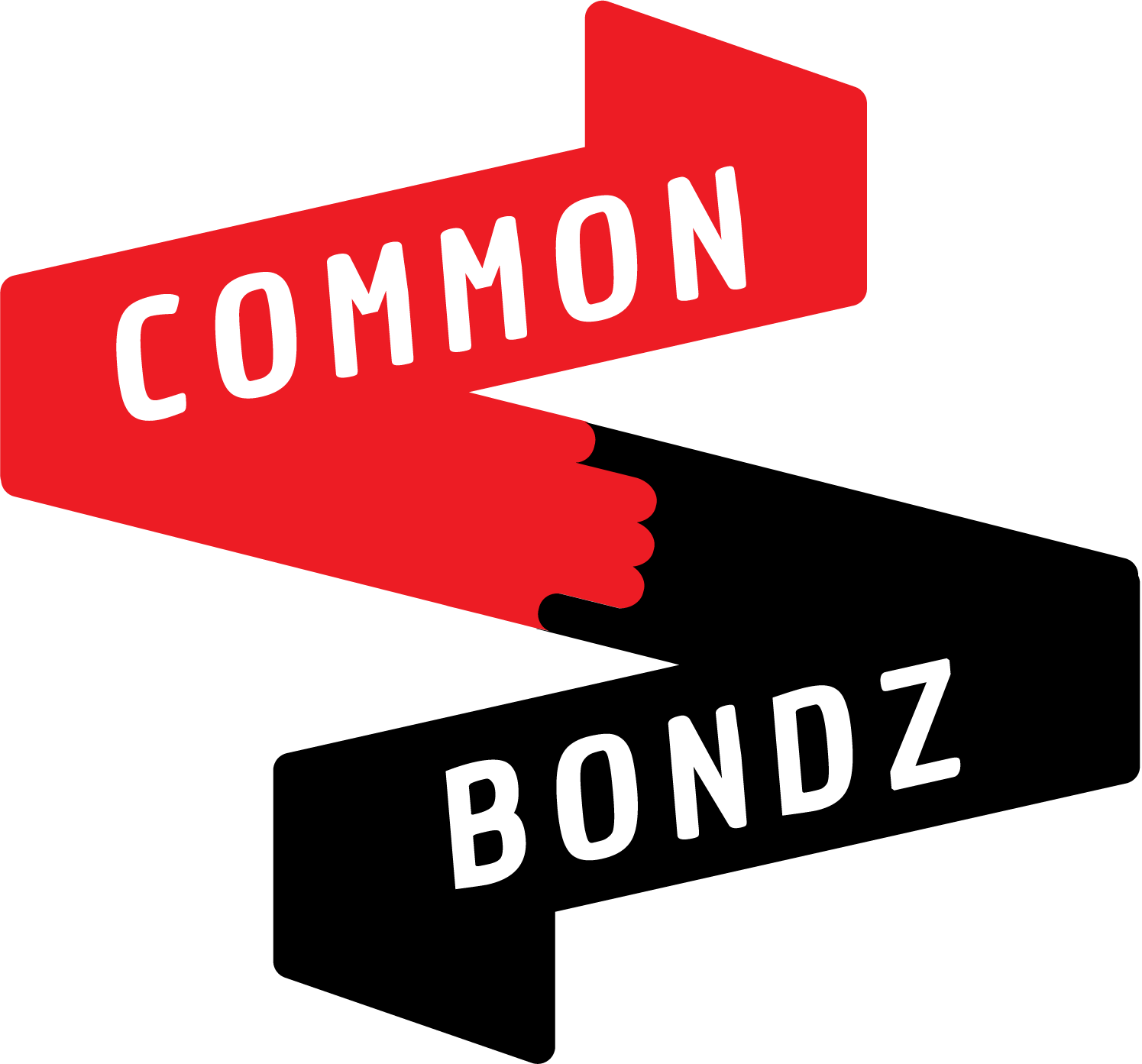Education and the Disinherited
By: Devin Harvin, CommonBondz Board Member and law student at Francis King Carey School of Law at the University of Maryland
“Education then, beyond all other devices of human origin, is the great equalizer.”
I used to believe in the words of Horace Mann down to my core. In elevating my diction, I thought I inched closer to freedom. As I studied the great thinkers like Aristotle and Plato, I thought the world began to value my life more. As I journeyed from elite institution to elite institution and excelled, I knew that I was moments from what Horace Mann pictured. The reality was a blinding light of white supremacy that took years for my eyes to adjust to.
Education teaches an abundance of things, how to operate in the world, why systems are created and performed in the way they are, most importantly, they teach you that there is no great equalizer. As I excelled in the classroom, I became more aware that I could never learn enough to reach this unattainable goal of equality.
Resources: Institutional Racism in Education
I attended private school from sixth grade through the duration of my high school career. At two of the best schools in Maryland, they equipped me with tools to serve as my foundation of success. When my friends complained about the lack of intentionality in their classrooms, I enjoyed classes tailored to develop leaders. While some only saw like-minded individuals at their school, I was taken on field trips designed to provide me a worldly view. As I walked the halls of my middle school, there were portraits of moral leaders and their stories on either side.
I was demonstrating my and Horace’s shared goal of education being an equalizer. As the only African American male in my class, I was at the same table as my white classmates. When they struggle, I struggle. When they succeed, I succeed. I was not a mere blink of color on the radar; I was an essential thread in this woven tapestry called, community. Despite it all, I was not equal.
There was a microscope placed on me. Yes, academically, I never raised a concern, but my social activity was under constant surveillance. As I grew older in school, I realized my friendship with my white female classmates angered some; the comfort that I felt in my school was a disruption. There’s a certain feeling that an African American who excels in the classroom feels.
Throughout high school, I felt like I gained experience in this realm. It was customary for me to walk into the classroom and be the only one of color. When isolation became normal, excelling became the only way I saw joy. I served as chair of the honor board, mentored little black and white boys during my free time, and leaned into leading. The classroom is where I displayed my value, where I believed we were all on equal footing. It wasn’t until I began my education at Boston University. The veil began to come down.
At BU, I realized the systems at play. That no matter how elevated my diction, how well-read I was, education could not make me free. The words of Jay-Z reign true for me in his last studio album, 4:44, “still nigga.” It was the words of Ta-Nehisi Coates, Michelle Alexander, Howard Thurman, and many more that showed me what freedom cost, how far education could take me, but it couldn’t save me. My education put me in positions of power with the board of trustees, advocating for 16,000 undergraduate students as the Student Body President, interning for the Mayor, and then taking my narrative to law school. Now, I am a few semesters away from my goal, Juris Doctorate. I’ll have one of the highest levels of education, and equality does not feel close.
In a society not plagued with the virus of white supremacy, perhaps the words of Horace Mann are accurate. But, white supremacy built our community. So here lies my dilemma, what keeps me up some nights of the week. Where do we go from here? I look to those who came before me. The words of Baldwin and Coates remind me that it is my responsibility to struggle on, so I aspire to write in the same way. To say something worthwhile and to pull back the veil for a few more individuals.
I hope you are willing to struggle with me. Whether in reading these words and writing your own, unlearning and relearning with CommonBondz, or making a conscious effort to see the entire narrative. Justice is an individual pursuit that requires a collective effort for radical change. We all can make strides toward justice.
For more resources on tackling racism in its various forms, visit our CommonBondz Resources page.

